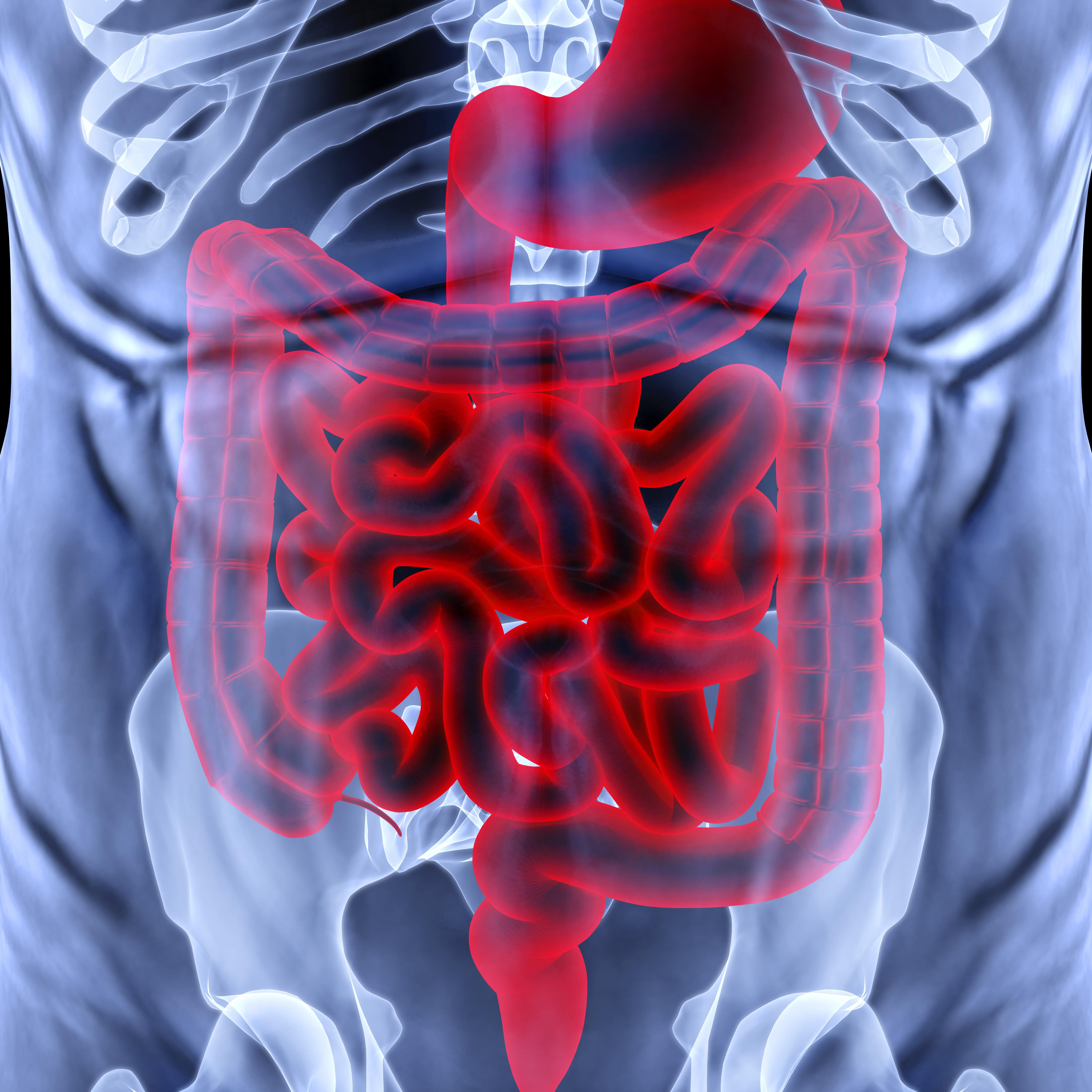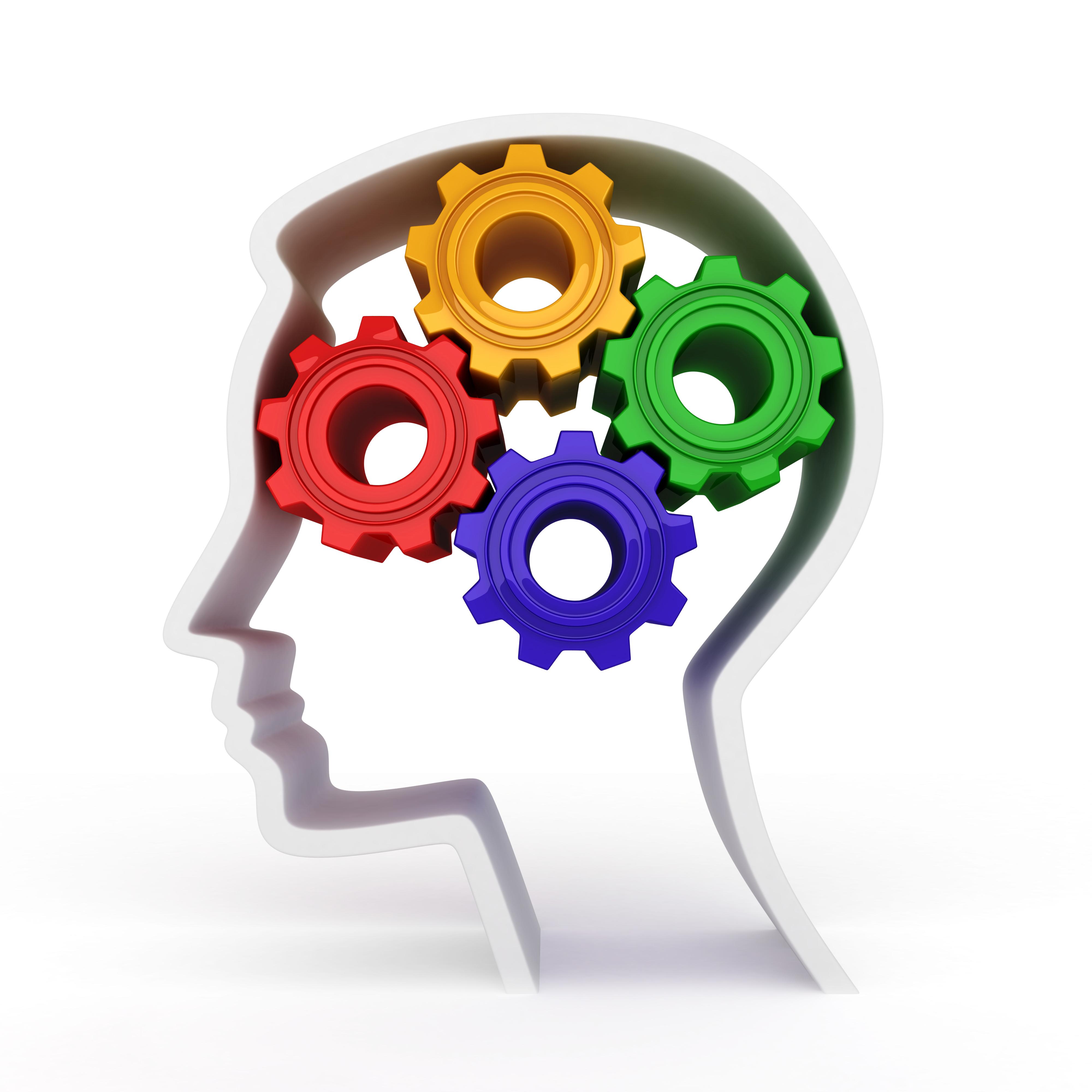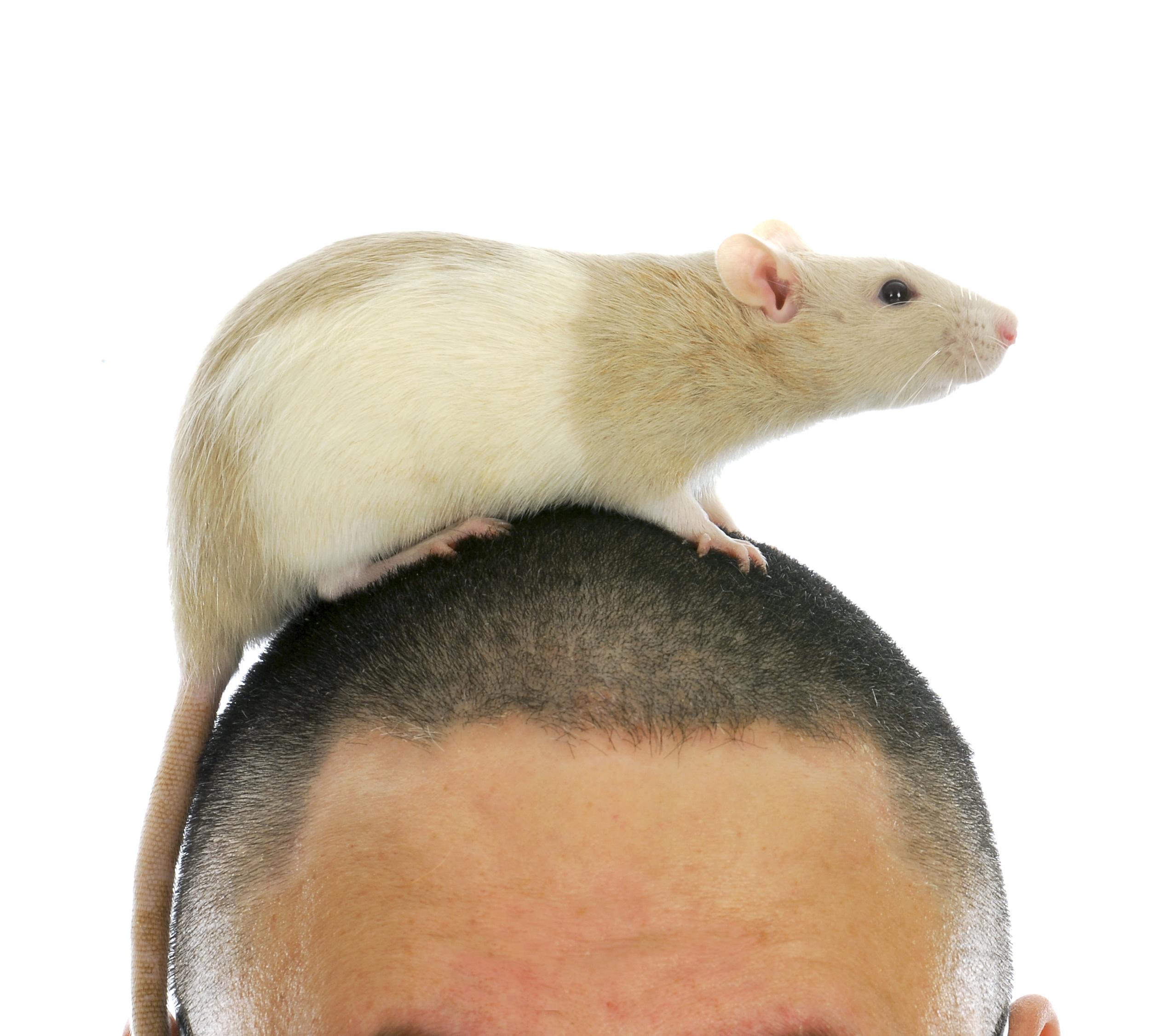Orion Jones
Managing Editor
Get smarter, faster, for success in the knowledge economy. Like us on https://t.co/6ZFWKpoKLi or visit https://t.co/d7r7dG2XOq
The quickening pace at which computer technology continues to advance has given many a futurist the hope for a union between man and machine. But there are other ways of being immortal.
Sociology has robbed the arts (and artists) of the vocabulary needed to appreciate individual works of creativity and self-expression that work toward aesthetic goals, not just marketplace shares.
Diets high in red meat are associated with an increased risk for heart disease, but the usual suspect (cholesterol) has been proven innocent (or not entirely guilty) in several recent studies.
A team of German researchers who wanted to find out of if certain noises help humans sleep better designed an experiment to track individuals’ sleep patterns while they listened to certain sounds.
Adolescent obesity rates would benefit from more adolescent sleep, with the heaviest individuals benefiting the most. Each hour of extra sleep resulted in a reduction of body mass index.
As western governments tighten their budgetary belts, they are experimenting with their nations’ economies as well as with the health of their citizens, according to recent research on austerity.
The Chinese Center for Disease Control and Prevention confirms that 33 people have been infected with the H7N9 strain of influenza which has mutated from its feathered source to infect humans.
In America, brain games have become a multi-million dollar industry that has infiltrated schools and nursing homes, but a new meta-study of their effects throws big assumptions into question.
Recent advances in brain-computer interfaces, which may facilitate brain-brain communication, raise the specter of comic book heroes who effortlessly “talk” to each other without talking at all.
Scientists have identified a set of stem cells capable of generating new neurons in the brain which regulate appetite, overturning the idea that one’s desire for food was fixed by genetics for a lifetime.
While apologizing may not always make us feel rosy and sure of ourselves, there are substantial societal benefits achieved through apology which help explain the importance of the behavior.
Researchers at Harvard Medical School, Boston, have successfully connected the minds of humans and rats such that the movement of the rats’ tails can be controlled by human thought.
Researchers at the Swiss Federal Institute of Technology in Zurich have discovered that individuals’ exhalations are as unique as their fingerprints, opening new avenues for medical diagnoses.
The nocebo effect, in which patients experience adverse health consequences because they are susceptible to suggestion, has caused an increasingly large number of people to fear Wi-Fi signals.
A British company wants to bring the cooking pot, an essential tool that has remained basically unmodified for hundreds, if not thousands of years, into the present using smart technology.
To decrease the cost of health care, and improve the lives of patients, medical professionals are taking lessons from the developing world, where low-cost treatment is a basic requirement.
The lives of Americans aren’t slowing down, but as the national obesity epidemic has captured the media spotlight, mounting public concern has emerged over what we put into our bodies at mealtime.
Not as firm as you probably think they are, according to mounting evidence that describes the ways in which our ethical principles are subject to some rather whimsical alternations.
The parameters of marriage are changing, not just in front of the Supreme Court, but in the very fabric of our society. Has love and affection replaced having children as the goal of marriage?
The French are the least happy people in Europe, according to a new survey of French nationals living in France and abroad. The author of the new research blames French culture itself.
Some biologists think humans may be more commonly infected with mind-altering parasites than is typically believed by psychologists, who examine mental defects as purely behavioral phenomena.
The theory that natural landscapes recharge minds that have been stretched thin by harsh urban environments is not new, but only recently has the theory become testable.
A team of British researchers will soon begin testing an electrical device which, by attaching to a nerve that controls the body’s appetite for food, could provide an alternative to weight-loss surgery.
By building circuits out of DNA, researchers at Stanford have found a way to program the body’s cells with logic functions, similar to how computer chips work on larger scales.
Doctors at Massachusetts General Hospital have found that the benefits of gastric bypass surgery, in which the stomach of a patient is shrunk, can be passed on without surgery.
To help feed the world’s malnourished, a team of students at McGill University, Montreal, are putting forth a plan meant to facilitate the production of edible insects on an industrial scale.
Once infamous for how they objectified the female body, marketing departments at beer and spirit producers have begun selling their products to women as weight-loss drinks.
MIT, Harvard and Stanford universities have all begun offering massive open online courses for free, but the larger ramifications on our national education may be adverse, say experts.
Two new mobile apps—one from Google and one from a smaller tech startup—may indicate how large scale data analysis, i.e. Big Data, can help you manage your daily affairs.
Without paying money for goods and services, customers have little recourse when a company decides to radically change its game plan. Is your data in danger of disappearing?





























